

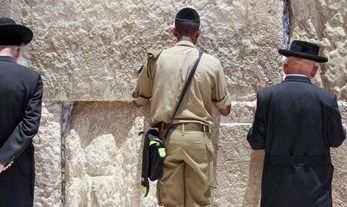
Debating the Draft – Public Opinion Survey
Written By: Dr. William Cubbison
Majority support for drafting young ultra-Orthodox into the army goes as far back as 1991. There have been small fluctuations, but consistently --at least 2/3 (65%) of the Israeli public has supported drafting yeshiva students or young ultra-Orthodox into the IDF.
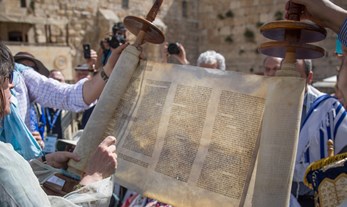
Israel-Diaspora Rift Isn’t As Bad As You Think
Written By: Dr. Shuki Friedman
The rift between the Israeli Jewish community (as opposed to the Israeli government) and the U.S. Jewish community is not as deep as it is portrayed in the media.
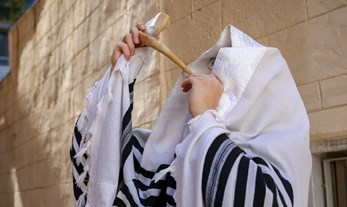
On This Day the World Stands on Trial
Written By: Yair Sheleg
Do we really believe that our fate for the coming year is determined on this day?
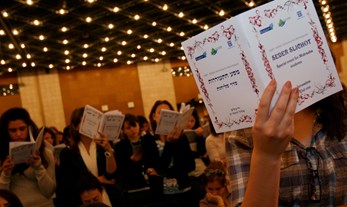
Israeli Collective Repentance
Written By: Prof. Yedidia Z. Stern
A collective Israeli repentance will enable us all to pray together for our common good, even if the content of our prayers is a matter of fierce disagreement.
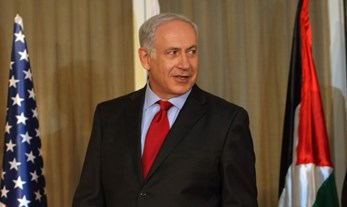
Is the Two-State Solution Still Relevant?
Half of the Jewish Israeli public think that Palestinians deserve an independent state, but believe that the two-state solution would be impossible to implement.
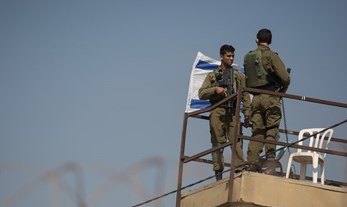
‘Black Friday’ and Other Investigations: Initial Observations
Written By: Prof. Amichai Cohen, Prof. Yuval Shany
Initial observations on Israeli's Military Advocate General's decision to conclude investigation into 'Black Friday'.
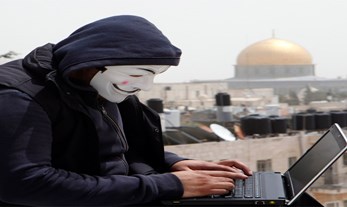
If Meitav's Website Was Hacked - the Breach Was Almost Inevitable
Written By: Dr. Tehilla Shwartz Altshuler
The breach of IDF’s Meitav website was almost inevitable, in light of inadequate attention to the need to protect sensitive personal information and the lack of supporting legislation in Israel.
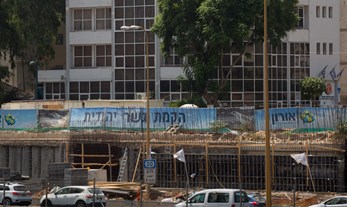
The Decision to Halt Work on the Sabbath on the Ayalon Bridge – a Farce
Written By: Dr. Shuki Friedman
- “The decision is questionable. If the government is really interested in avoiding desecration of the Sabbath, and in ensuring a day of rest, it should focus its energy on stopping the illegal work currently being performed on the Sabbath, which according to reports by the Ministry of Industry, Trade and Labor, is rarely done.
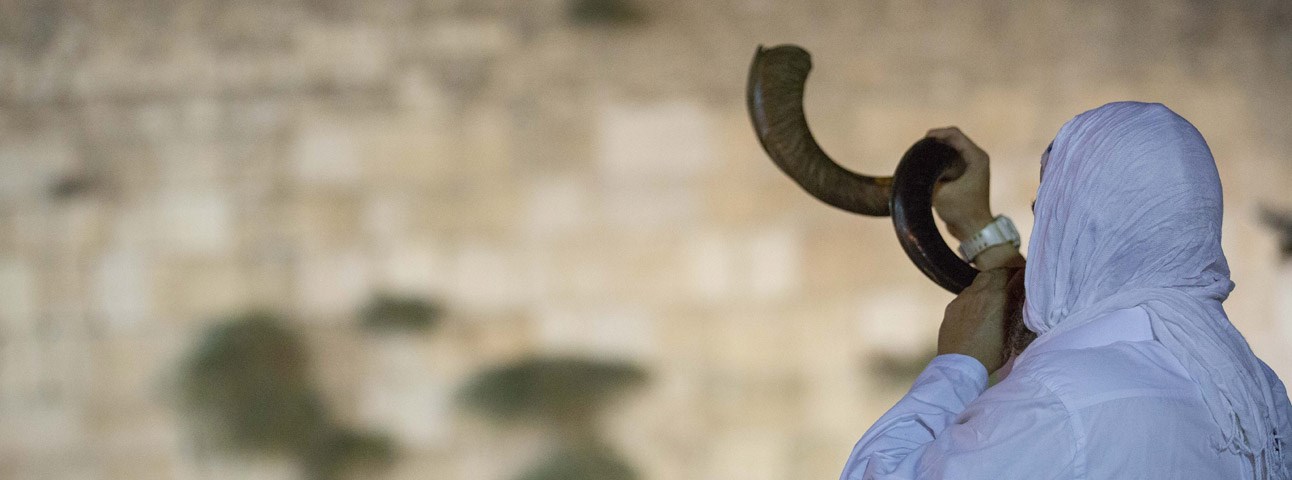
Rosh Hashanah: The Personal and the National
Written By: Prof. Yedidia Z. Stern
The Jewish calendar should guide our lives not only as individuals and a community, but also as a society and a state. If we want to preserve our identity as a distinct cultural and national group, we must make the effort to shape the cycle of time in our own way.
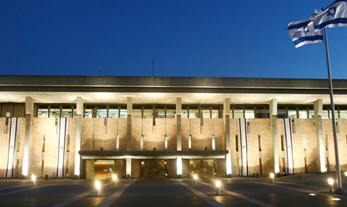
Parliamentary Work Index for Israel’s Political Parties
Written By: Dr. Assaf Shapira, Avital Friedman, Dr. Shahaf Zamir
A Special Analysis by the Israel Democracy Institute on which MKs make the most use of the parliamentary tools available to them.

Q&A about the Nation-State Law
Amend the Nation-State Law and Add: "Jewish, Democratic and Equal"
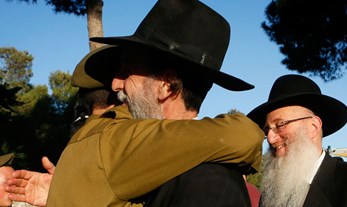
Israel needs a draft law that will uphold the principle of civic equality
Written By: Yohanan Plesner
Now is the time to rise above petty politics and pass a draft law that will uphold the principle of civic equality in Israel.
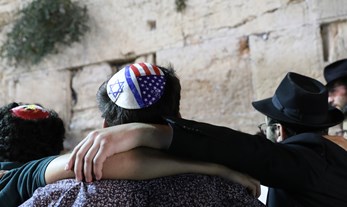
Strengthening Jewish Peoplehood In The Diaspora — But Not In Israel
Written By: Yohanan Plesner
In the bill’s final wording, the state only commits itself to act within the Diaspora to strengthen the ties of Jewish peoplehood – as if actions taken inside the Jewish state, like the reneged-upon Western Wall compromise, have no bearing on the rest of the Jewish world.

Israel's wealthiest are abandoning IDF combat units
Written By: Dr. Asaf Malchi
Israel's secular elite has lost its enthusiasm for combat service and now targets intelligence units, such as Unit 8200.
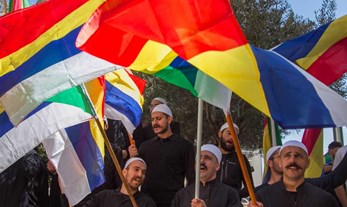
60% of Israelis Think the New Nation-State Law Should Have Included ‘Equality'
Written By: Prof. Tamar Hermann, Prof. Ephraim Yaar
The monthly Peace Index of the Israel Democracy Institute and Tel Aviv University, published today, finds that: only 52% of Jewish Israelis think it was important to pass the Nation-State law at this time.
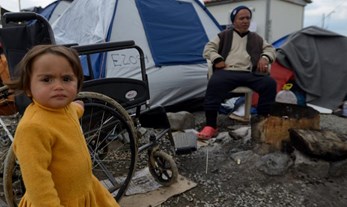
The Majority of Israelis Favor Providing Syrian Victims of War with Humanitarian Aid
Written By: Prof. Tamar Hermann, Prof. Ephraim Yaar
On the northern front: the majority of Israelis favor providing Syrian victims of war with medical aid and food. On the southern front: the majority of Israelis support a military operation if Hamas violates the ceasefire.

Can an Ex-Senior IDF Lawyer Transform Administrative Detention?
Written By: Colonel (Res.) Dr. Liron A. Libman
"Even a bit more justice than now is better" said Liron Libman in an interview on administrative detention.
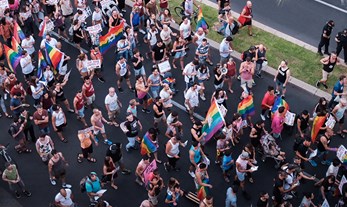
Supporting the LGBTQ's Struggle for Equality
The Israel Democracy Institute’s management announced its support for the LGBTQ’s struggle to amend the newly passed Surrogacy Law so as to included gay couples.

The Facebook Bill Must Be Amended so that it Can Serve Its Original Purpose
Written By: Dr. Tehilla Shwartz Altshuler
The Israel Democracy Institute applauds Prime Minister Netanyahu’s decision to reevaluate the Facebook Law which was initially formulated to help fight terrorism, but evolved into a draconian law that could set back the Start-Up Nation decades in terms of freedom of speech.
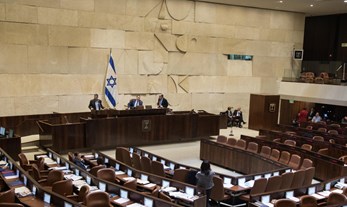
Israel’s Nation-State Bill Would Undermine Jewish Democracy
Written By: Yohanan Plesner
A Basic Law that seeks to define the character of the state but does not anchor the principle of civic equality has no place in the law book of any democracy.
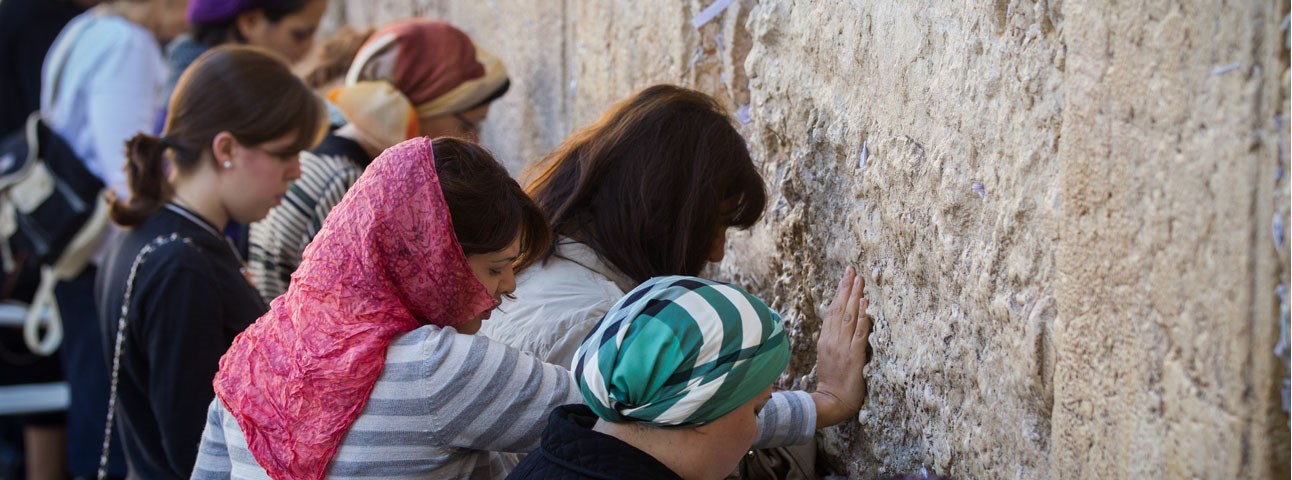
Israel Is Repeating The Mistakes That Led To The Temple’s Destruction
Written By: Prof. Yedidia Z. Stern
What message of Tisha B’Av is relevant for life in a sovereign state like Israel? Does the American recognition of Jerusalem as the capital of Israel make the day of mourning for “the city that is in mourning, laid waste, despised and desolate” an anachronism?
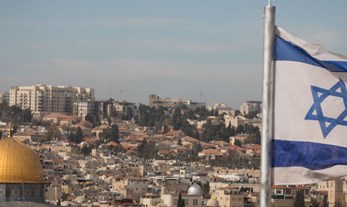
Is it time to do away with Tisha B’Av?
Written By: Dr. Shuki Friedman
Israel has evolved into an economic and military superpower; what must we mourn?

Proposed Facebook Bill - Dangerous Legal Precedent
Written By: Dr. Tehilla Shwartz Altshuler, Dr. Rachel Aridor-Hershkovitz
Proposed Facebook bill circumvents standard legal procedure and threatens to transform Israel into a world leader in repression of free speech
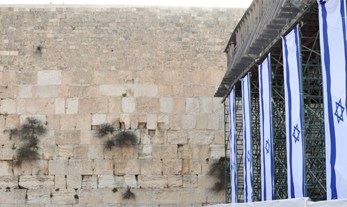
The Nation State Bill is a Constitutional Abandonment of Diaspora Jewry
Written By: Dr. Shuki Friedman
This bill is superfluous and will do far more harm than good. In its newly revised version, the Nation-State Bill, which has been problematic since its inception, reaches new lows by effectively abandoning Diaspora Jewry.

Regulatory Roadmap for Investors
The “Regulatory Roadmap for Investors” was initiated against the backdrop of the heavy bureaucratic and regulatory burden with which the business sector must contend when establishing new manufacturing plants and doing business in Israel.
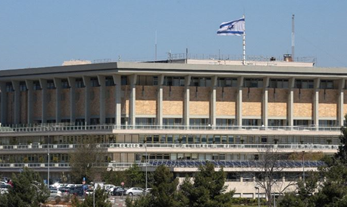
The Nation State Bill Bias
How can Israel - a light to the nations, and homeland for the Jewish People, fail to embrace equality for all, alongside commitment to the diaspora?
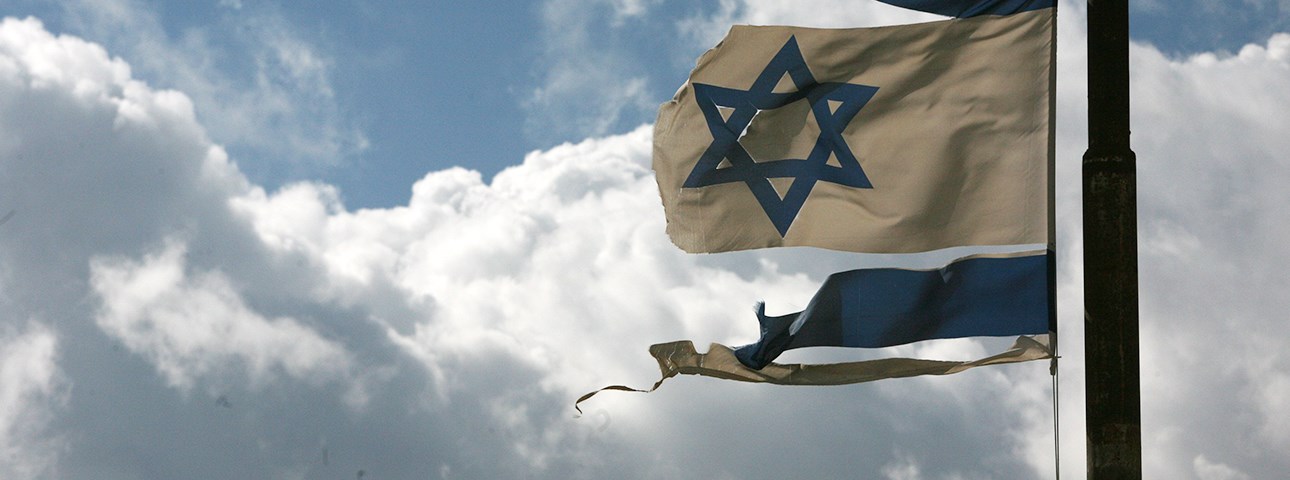
Letter to the Israeli Government on the Nation State Bill
Written By: Yohanan Plesner , Prof. Yuval Shany, Prof. Yedidia Z. Stern
The Israel Democracy Institute issued a letter to the Prime Minister regarding the Nation State Billl, asserting that if the value of equality is not anchored in the legislation alongside the other enumerated national characteristics of the state, the law may eventually erode Israel's democratic character
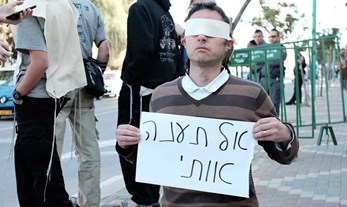
‘Special Interrogations,’ Confessions and the Duma Arson Attack
Written By: Prof. Yuval Shany, Prof. Mordechai Kremnitzer
The Lod district court decision illustrates the possible dangers to criminal defendant’s human rights though the expanding defense of necessity and the lack of separation between the preventive and criminal phases of the investigation.
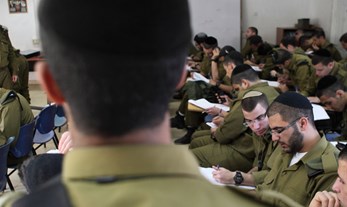
Proposal for Amending Ultra-Orthodox Conscription Plan
Written By: Yohanan Plesner , Prof. Amichai Cohen, Dr. Gilad Malach
IDI puts forth analysis of why the proposed conscription plan for the ultra-Orthodox is problematic and offers an alternative approach
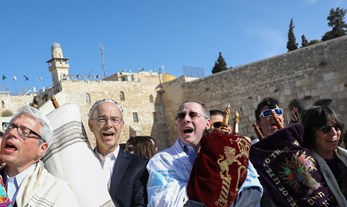
Calling on Our Leaders to Lead
Written By: Prof. Yedidia Z. Stern, Dr. Shuki Friedman
Leading public figures avoid dealing with issues that are of national importance when it entails confronting the ultra-Orthodox community.

